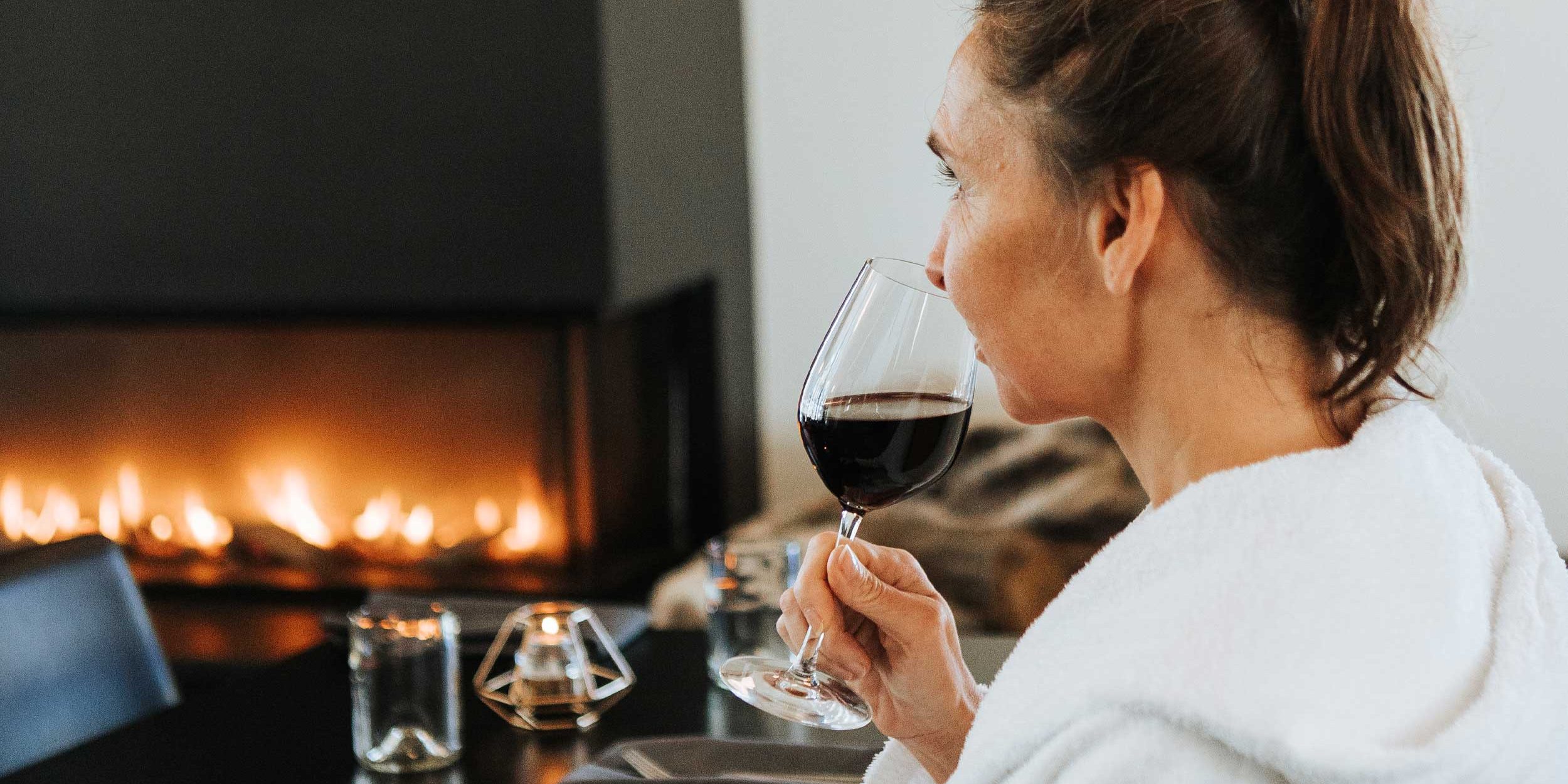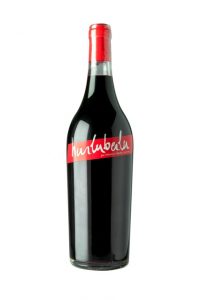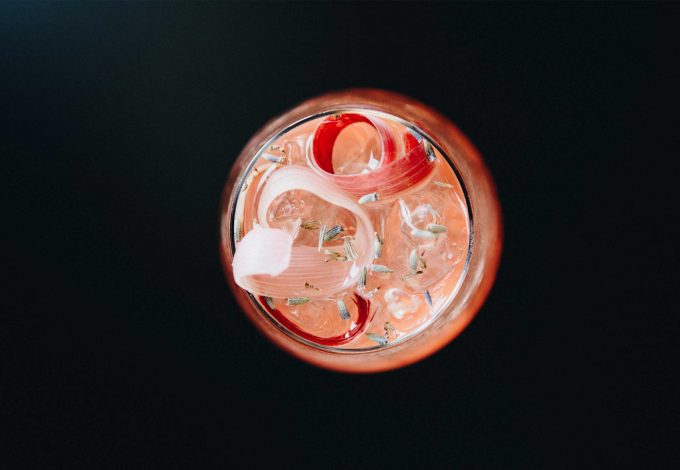SEEING THINGS MORE CLEARLY — Sometimes, you hear a term so often you think you know exactly what it means without ever really thinking it through. Here is a glossary of the main methods currently used in viticulture.
INTEGRATED
In opposition to so-called conventional viticulture, which systematically uses plant protection products (fertilizers, herbicides, fungicides and pesticides) at regular intervals, “integrated” viticulture advocates the use of these products in a better-thought-out manner. T reatments a re done only when necessary, according to the real risks of disease or damage incurred by the vine. In France, this approach is regulated and guaranteed by Terra Vitis certification.
ORGANIC
Organic wines don’t date back as far as you might think. In fact, before 2012, you could only speak of wines produced by organic farming because “organic farming” applied only to growing the vines. Now, regulations also cover the winemaking process. This approach prohibits the use of plant protection products when growing the vine. Although they can eliminate the risk of disease and damage to vineyards, they kill the soil by divesting it of microorganisms that are crucial for the health of the vine. They’re also prohibited in the winemaking process. The yeast must be of organic origin and a maximum level of sulfites is set.
BIODYNAMIC
One might think that this is a very recent approach to agriculture, but that is certainly not the case.
Biodynamic agriculture comes from Rudolf Steiner (1861–1925), an Austrian philosopher and scientist who proposed the theory that the Earth is a whole: the soil, plants, animals and people are interconnected. According to him, the best way to farm is to respect the balance between these elements. The aim of biodynamics is to strengthen the vitality and resistance of the vine while getting the best possible expression of the terroir. The basic principles are the same as those of organic farming with the addition of spraying the vines with herbal or manure preparations. No farm machinery is permitted, and herds of animals (goats, sheep, geese, etc.) are often used to fertilize the soil and control weed growth. Work in the vineyard and cellar is done based on the lunar cycle.
NATURAL
Natural wines are either organic or biodynamic. Once in the cellar, only indigenous yeast (naturally present on the grapes and in the environment) is used. Less gentle winemaking techniques such as reverse osmosis and thermo-vinification are avoided. The wines are usually unfiltered, and the addition of sulfites is minimal or nonexistent. In short, the winemaking process is as nonintrusive as possible. The Natural Wine Association (NWA) exists, but it isn’t yet an official certification.
OUR PHILOSOPHY IN YOUR GLASS
Faithful to our values and the producers whom we support, Strøm’s menu exclusively features natural wines produced through integrated viticulture or organic or biodynamic agriculture.
DOMAINE DES HUARDS, PURE 2018 (BIODYNAMIC)
France, Loire
White wine / 750 ml / SAQ code 961607 / Price: $25.45
This estate is the fruit of the labours of seven generations of the Gendrier family. The vineyard has practised organic and biodynamic agriculture since 1998. The fermentations are done with indigenous yeasts, and wines are minimally sulphited. They aspire to produce wines that are an expression of the vintage and the terroir. The Pure cuvée is a blend of sauvignon and chardonnay with dominant citrus notes. Maturing on lees gives this refreshing wine a round body. Superb balance!
DOMAINE MEINKLANG, 2017 (BIODYNAMIC)
Austria, Burgenland
Red wine / 750 ml / SAQ code 13971164 / Price: $20.00
Located in the heart of the Neusiedlersee National Park, which is a UNESCO World Heritage Site, this biodynamic estate is a family affair for the Michlits in which everyone is involved. Their herd of cows, which contributes significantly to fertilizing the soil, is a key element of the vineyard. This Austrian red, composed of local grape varieties—zweigelt, blaufränkisch and Saint-Laurent—is fruity and evocative of summer. One glass leads to another!
SÉBASTIEN DAVID, HURLUBERLU (BIODYNAMIC)
France, Loire
Red wine / 750 ml / SAQ code 14172719 / Price: $20.00
Sébastien David grows a single grape variety on his fifteen hectares of biodynamic vines: cabernet franc. His head is full of ideas about renewing his way of making wine. In his cellar, there are concrete tubs, barrels, amphorae and even ovoid (egg-shaped) tanks. The Hurluberlu cuvée has a joyful freshness. It’s a real thirst-quenching wine that’s both crisp and delicious.








